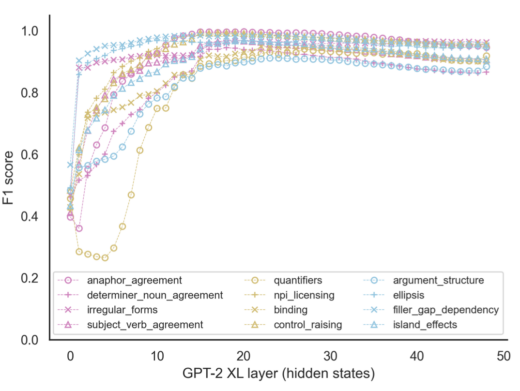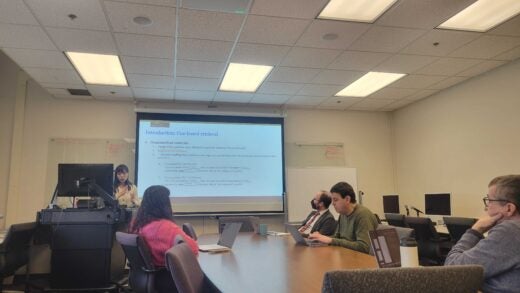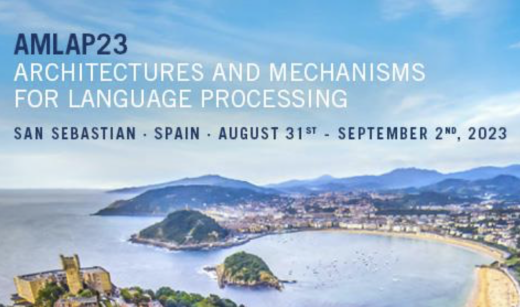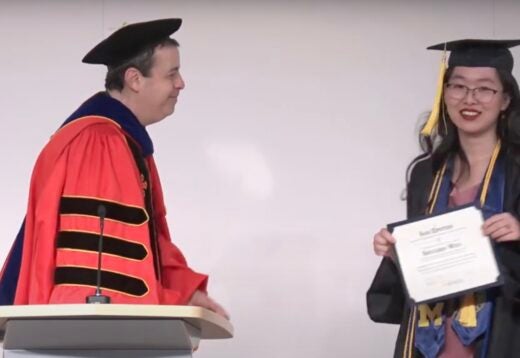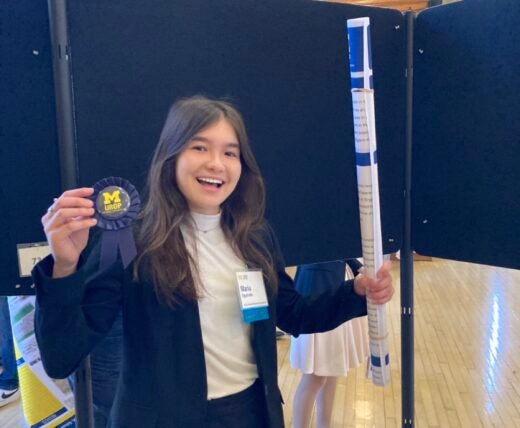Paper: Neural decoding + Transformer + minimal pairs = new syntactic probing approach for LLMs
MA student Linyang He leads a team that advances probing methods for large language models by combining a linear decoder with the BLiMP large-scale benchmark of linguistic minimal pairs. The result is a probing method that isolate patterns of layer-wise […]

